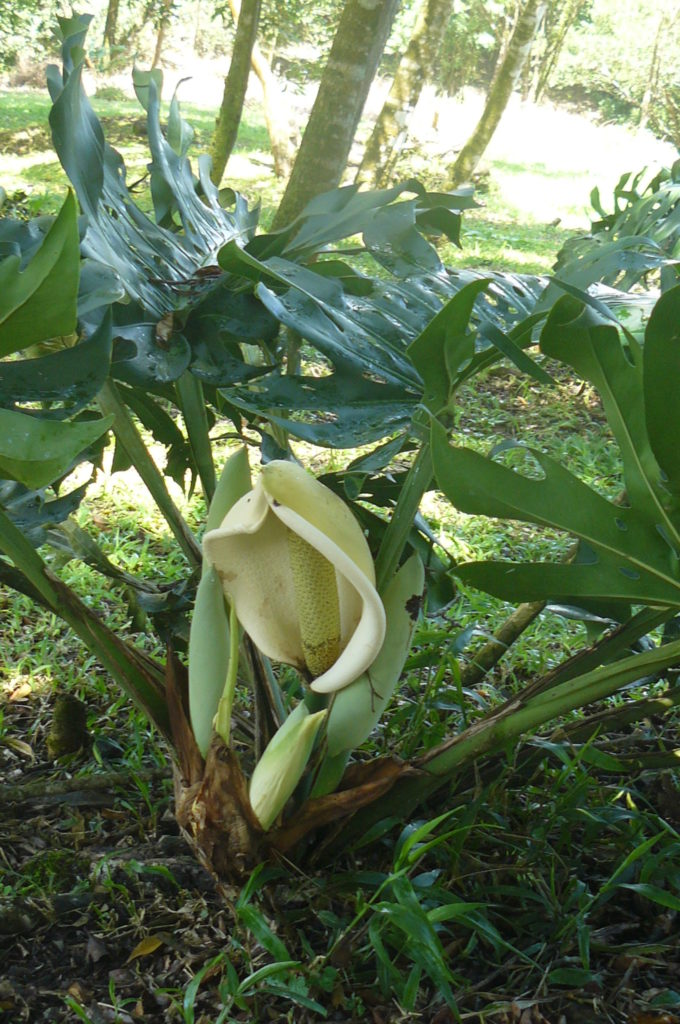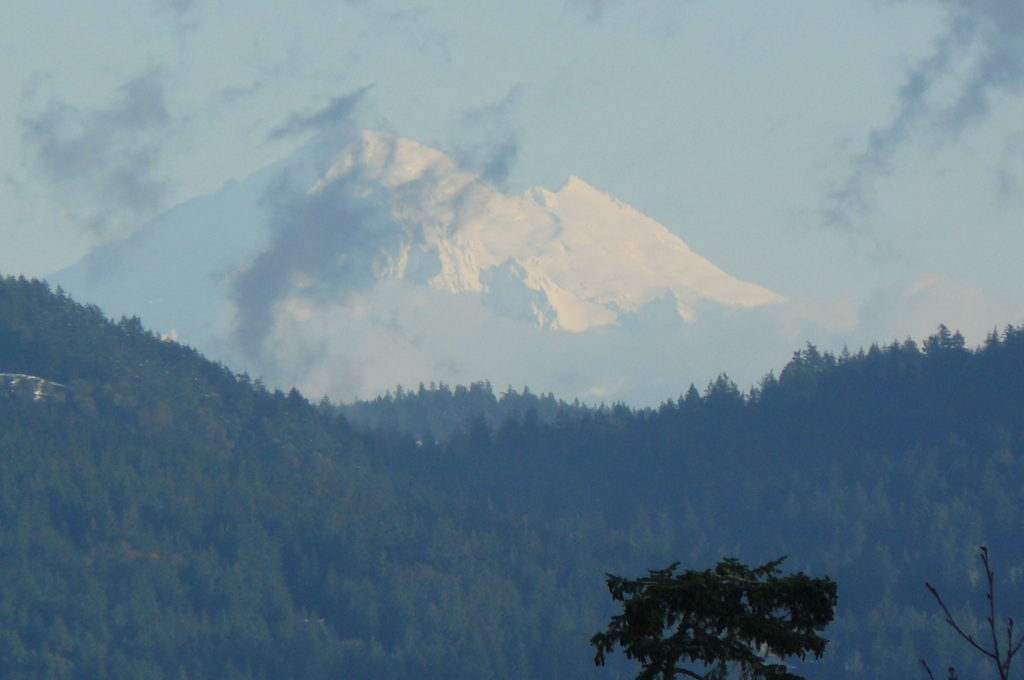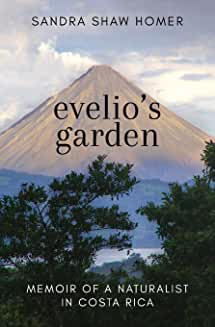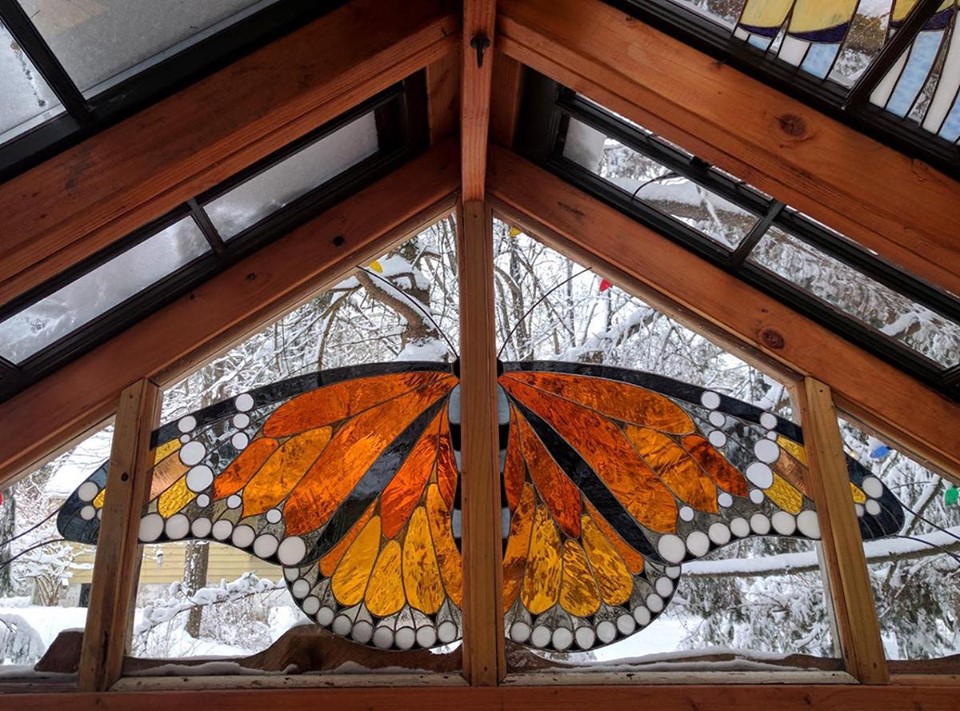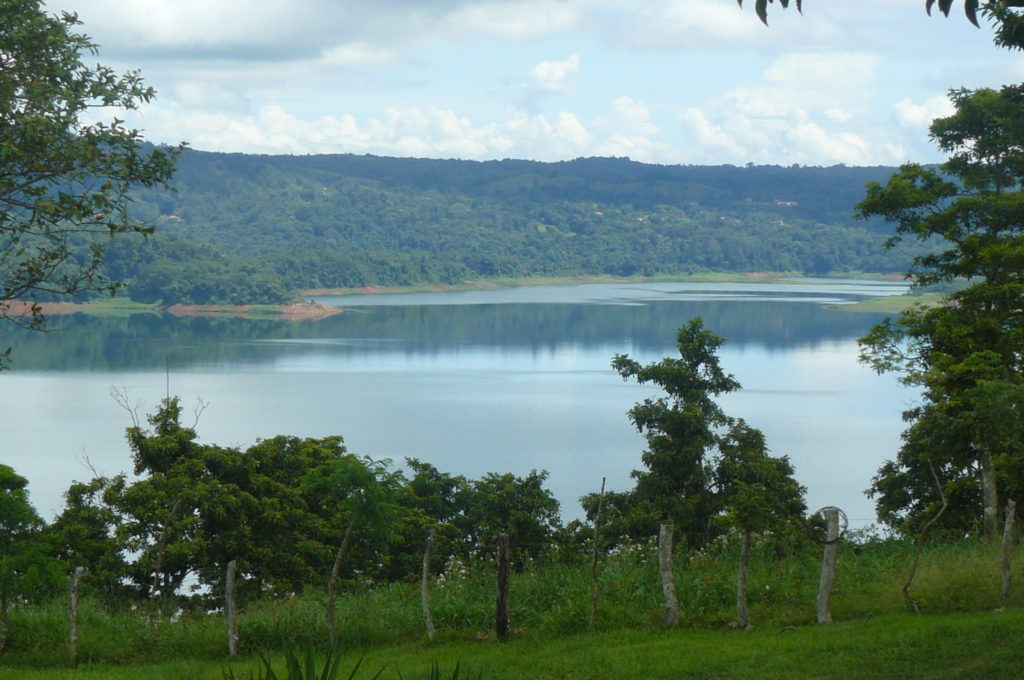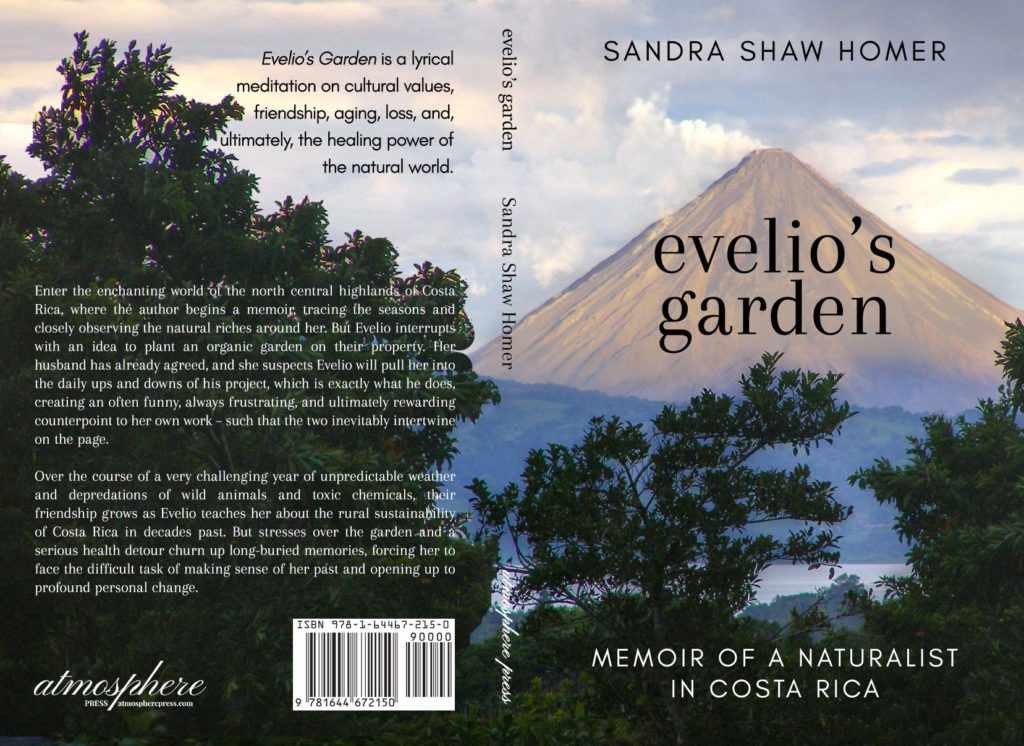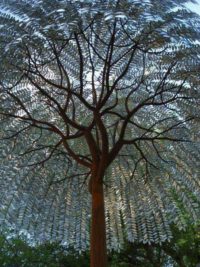Listening, Fromm argues, is “is an art like the understanding of poetry” and, like any art, has its own rules and norms. Drawing on his half-century practice as a therapist, Fromm offers six such guidelines for mastering the art of unselfish understanding:
- The basic rule for practicing this art is the complete concentration of the listener.
- Nothing of importance must be on his mind, he must be optimally free from anxiety as well as from greed.
- He must possess a freely-working imagination which is sufficiently concrete to be expressed in words.
- He must be endowed with a capacity for empathy with another person and strong enough to feel the experience of the other as if it were his own.
- The condition for such empathy is a crucial facet of the capacity for love. To understand another means to love him — not in the erotic sense but in the sense of reaching out to him and of overcoming the fear of losing oneself.
- Understanding and loving are inseparable. If they are separate, it is a cerebral process and the door to essential understanding remains closed.
I have admired and loved Erich Fromm ever since I read his The Art of Loving, the most sane and humane treatise on love I have ever encountered. The parallels he draws in The Art of Listening make perfect sense to me. And I reflect that an author must be capable of listening to and loving his characters. Otherwise, they will never seem real.
